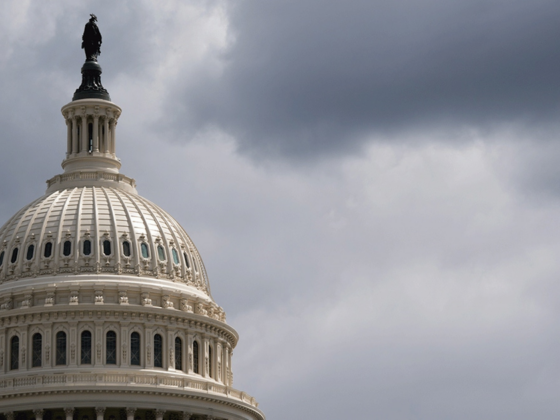
A new report by UN Tourism and the World Tourism Alliance (WTA) highlights that targeted policies, regulatory frameworks and governance models are crucial to ensuring tourism benefits are shared by all community members, promoting social equity and inclusion. The report makes clear the multifaceted role of tourism in achieving this objective, through job creation, gender empowerment, community development, natural and cultural heritage conservation, sustainable environmental practices, education and infrastructure development.
Five years into the deadline to achieving the 2030 Sustainable Development Goals it is clear that progress is falling behind and many targets are at risk. Tourism, as one of the world’s largest socio-economic sectors, can help shift this course — but only if we harness its full potential. To do so, we need to put communities at the center of tourism development and implement targeted policies that make our sector a true catalyst for more inclusive, sustainable development. UN Tourism is committed to steering this transformation and ensuring the benefits of tourism are shared widely — socially, economically, and environmentally. UN Tourism Secretary-General Zurab Pololikashvili
Zhang Xu, Chair of WTA, says, Countries and regions that have risen from poverty aspire to return to steady and sustainable growth. To support them we must ensure that the collective fruits of societal progress are distributed more fairly and effectively.
Recommendation for action
Specific examples include China’s poverty reduction through tourism policy and six village level cases from China, developed in partnership with WTA, as well as cases from Albania, Indonesia, Jordan, Peru, Rwanda and Vanuatu, with a focus on how national policies work to make tourism support shared prosperity.
Recommended Actions
- Place tourism as a pillar of policies aimed at promoting shared prosperity, poverty reduction, development and socioeconomic inclusion.
- Ensure that tourism policies, regulatory frameworks, investment and governance create the right conditions for shared prosperity for all engaged and in host communities at large.
- Utilize the income generated by tourism to reinvest in tourism sustainability and to support the wider shared-prosperity-enablers such as education, health and infrastructure in host communities and minimize any negative effects from the sector.
About UN Tourism
UN Tourism is the United Nations agency responsible for the promotion of responsible, sustainable and universally accessible tourism. An intergovernmental organization, UN Tourism has 160 Member States, 6 Associate Members, 2 Observers and over 500 Affiliate Members. The General Assembly is the supreme organ of the Organization. The Executive Council takes all measures, in consultation with the Secretary-General, for the implementation of the decisions and recommendations of the General Assembly and reports to the Assembly. UN Tourism headquarters are based in Madrid, Spain. The election for Secretary General will be in May 2025.









